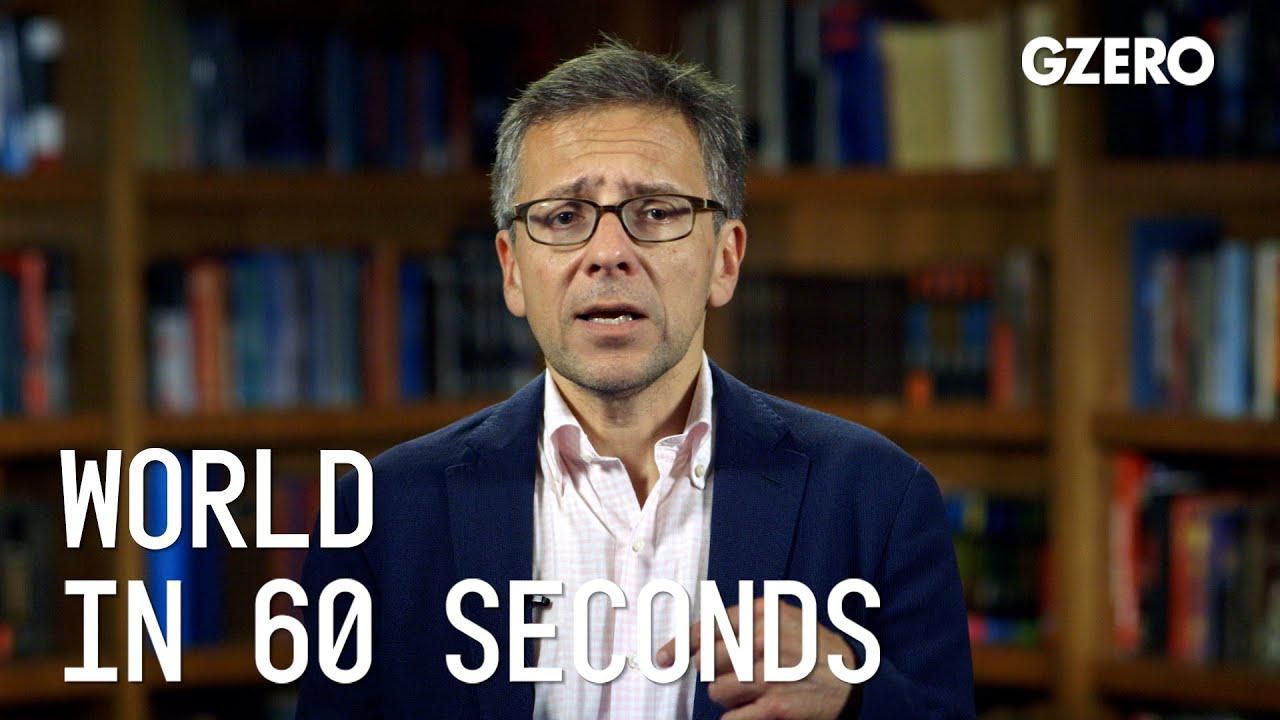ask ian
Hong Kong a year after the National Security Law; US-UK travel corridor

Hong Kong a Year After the National Security Law; US-UK Travel Corridor | World In :60 | GZERO Media

Ian Bremmer shares his perspective on global politics this week:
A year after the National Security Law, how has Hong Kong changed?
More integrated into mainland China. Virtually no Western companies have pulled out. A fair number of Hong Kong citizens are leaving, and of course no more democratic opposition, no more free media. The full incorporation of Hong Kong into mainland China. One country, one system is happening very fast.
As rebels retake the Tigray capital, Ethiopia declares a ceasefire. Is peace near in Ethiopia's civil war?
Early to say that. It's certainly a promising step. There's been a lot of pressure from the international community, the US and others, sanctions on the Ethiopian government, potential that the IMF program doesn't run forward. That would be a big problem for the Ethiopian economy. So they want to move to a ceasefire, but the Ethiopian Prime Minister, Abiy, is concerned that he doesn't have the military support for maintaining a ceasefire given the tense balance in Tigray. Certainly, with the Eritrean military across the border supporting them, it's going to be hard to keep that in place. But we will see where it goes.
Finally, is the hope of the US-UK travel corridor fading as the Delta variant forces more lockdowns around the world?
I know a lot of Brits want to come here and vice versa. I don't think so. Definitely the lockdowns are continuing through mid-July at the least in the UK, but again, the United States and UK have been some of the fastest in the world in terms of getting the entire population vaccinated. Yes, there are holdouts. Yes, there's anti-vax sentiment, but ultimately just as we're feeling like life is getting back to normal, that international transit between the advanced industrial economies is picking up soon. I'd be stunned if by the end of the summer we aren't traveling back and forth between the US and UK. Once again, special relationship, even post-Brexit.
In this Quick Take, Ian Bremmer weighs in on the politicization of the Olympics after comments by Team USA freestyle skier Hunter Hess sparked backlash about patriotism and national representation.
100 million: The number of people expected to watch the Super Bowl halftime performance with Bad Bunny, the Puerto Rican superstar and newly minted Album of the Year winner at the Grammys.
Brazilian skiers, American ICE agents, Israeli bobsledders – this is just a smattering of the fascinating characters that will be present at this year’s Winter Olympics. Yet the focus will be a different country, one that isn’t formally competing: Russia.
Japanese Prime Minister Sanae Takaichi, president of the Liberal Democratic Party (LDP), appeals for a candidate during a street speech of the House of Representatives Election Campaign in Shintomi Town, Miyazaki Prefecture on February 6, 2026. The Lower House election will feature voting and counting on February 8th.
Japanese voters head to the polls on Sunday in a snap election for the national legislature’s lower house, called just three months into Prime Minister Sanae Takaichi’s tenure.